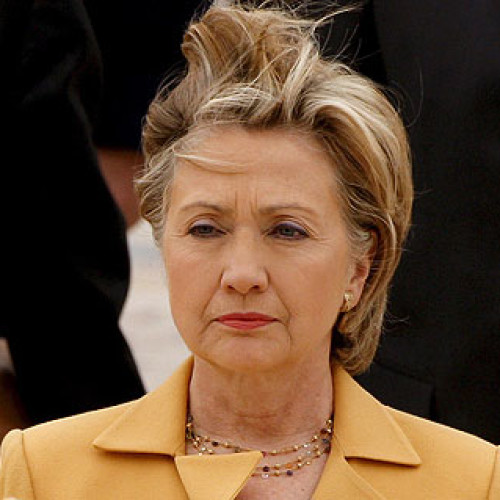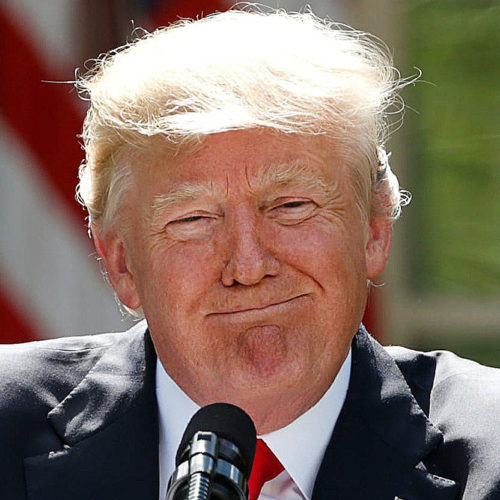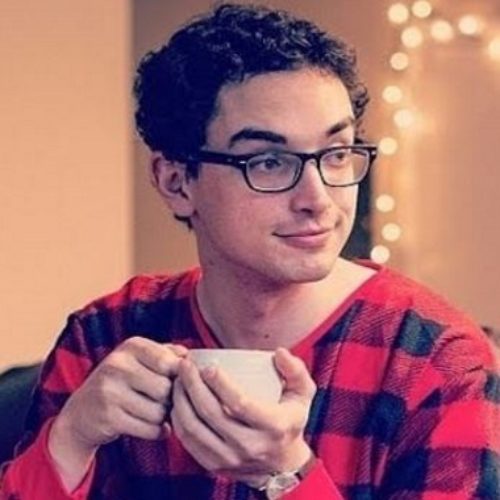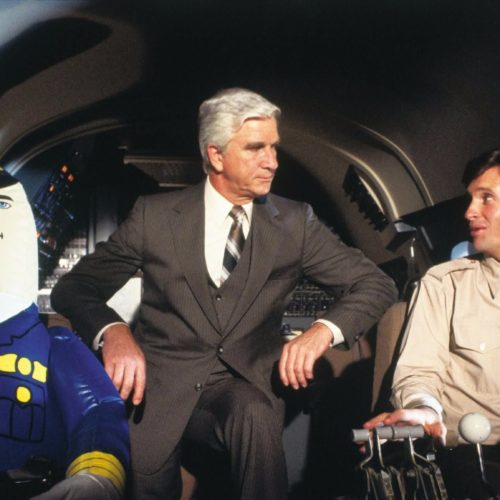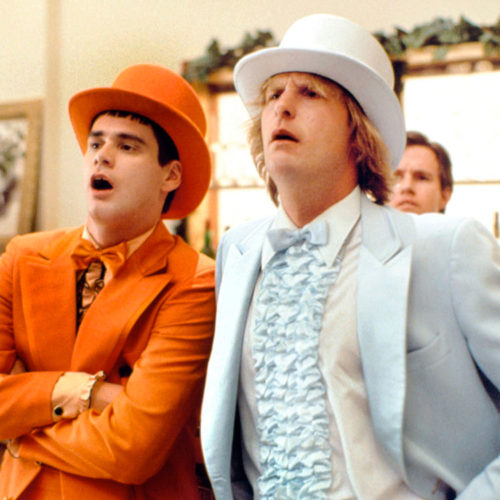A Call to Journalists
Every morning, my husband watches ESPN’s Mike & Mike and occasionally a story catches my ears. Wednesday was such an occasion as the duo debated journalistic ethics in the wake of Royal’s pitcher Edinson Volquez playing in Tuesday night’s World Series game unaware his father had passed away in the Dominican Republic. What brought ethics into the discussion was that the Volquez family had requested he not be informed about his father’s passing until after the game. However, the story was reported during the game. While Volquez states he did not know until afterwards, with so many people on social media (which spreads news at lightning speed) the possibility of him hearing the news from someone at the game was exponentially high. The question posed by Mike Greenburg was “should journalists adhere to the wishes of the family and sit on the story, or follow industry trends to be the first to report breaking news?”
It is an easy question for me to answer—and one I faced as a journalism student. But journalism is different today.
When I started taking journalism classes as an undergraduate, breaking news was reported through newspaper reporters and broadcast journalists via television and radio. For stories that broke away from the geographic location of local affiliates, organizations relied on wires from the Associated Press and Reuters. While news ran constantly, the advancements in technology and the widespread use of social media over the last two decades have changed the face of journalism. Though major media outlets still hire formally trained and experienced journalists, the internet and social media have given rise to citizen journalists. Today news can and is broken by the first person to tweet out the blurb or post the video. This certainly has its advantages, but it opens the door to ethical questions like the one posed on Mike & Mike. It also gives rise to misinformation being reported as hard hitting news. The need to “be there first” has become pervase.
I love that I majored in journalism, it is the only profession specifically named and protected by the Constitution—which denotes its importance—but it comes with a responsibility that too many are negating. As important as breaking a story may be, earning the trust of your audience and sources are paramount. When you put rating and ranking above the people you serve you not only lose trust, but you’ve broken the ethics of the profession. I have rarely seen that more evident than in Wednesday night’s GOP debate on CNBC. It was clear from the first few moments that the moderators were out for blood. Cheers to the candidates that called them out on this and refused to play into the tactic. However, it should not have needed to be done. Journalists are to be objective spectators informing the public. But let’s be honest, while the MSM is typically left leaning, the right has journalists that are just as biased on their side. The truth is that outside of editorials, journalists have ethical obligations to be objective, to report information and ask questions in an unbiased manner. Do I have opinions? Absolutely! Do I favor one candidate or policy over another? Yes. Does that mean I cannot report in an objective fashion? No, and if it does then I and my journalism professors failed and I am not worthy of the title journalist.
It is a difficult line to toe, especially when you become invested emotionally in your stories. It is also one that I must constantly monitor in my own writing, but my goal is to be open minded enough to hear both sides and be balance in my analysis. Unfortunately, I see this less and less from professional journalists. While bloggers have a forum that allows for more editorial style writing, traditional journalists along with citizen journalists who are members of press clubs and associations should always aspire to uphold to the ethics that govern our field.
Perhaps when more journalists remember the mission behind their profession audience trust will return, the public will be adequately informed and the need for a discussion of ethics will be diminished.
Image courtesy of Unsplash


